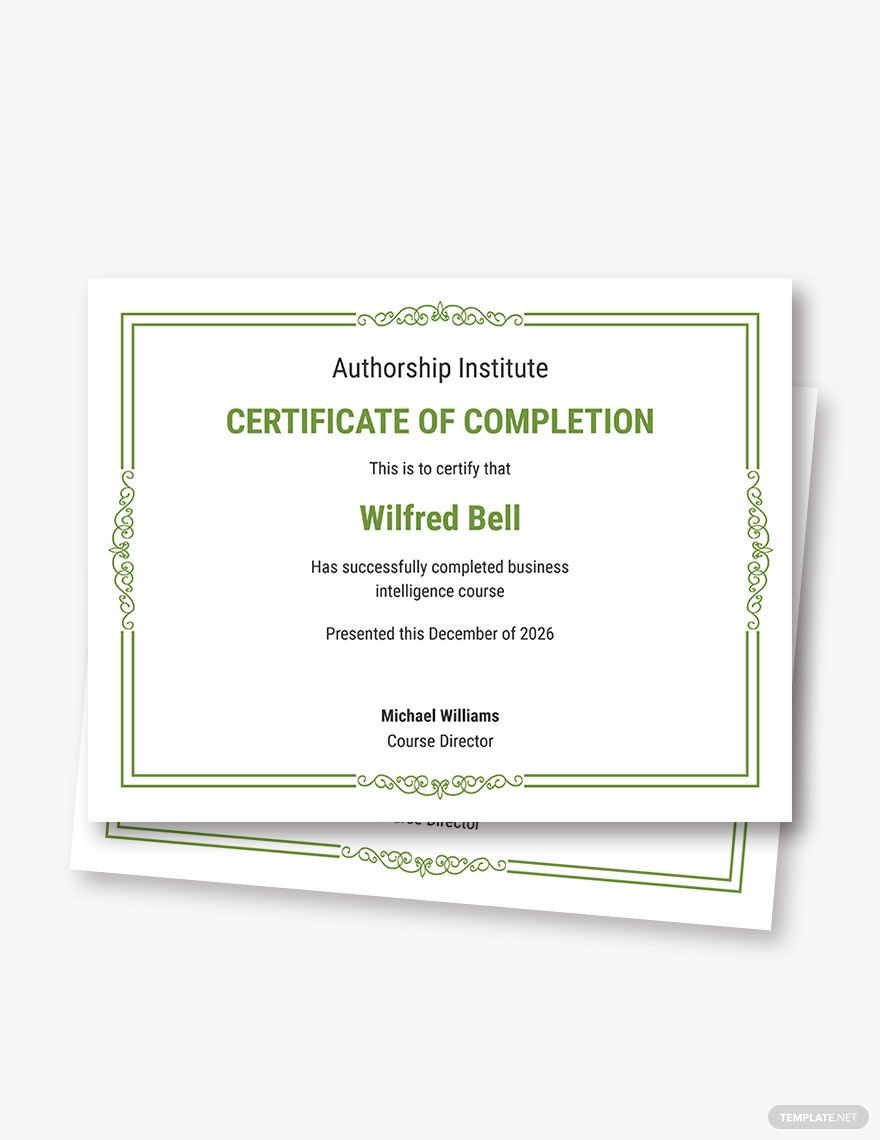Car Accidents in Nevada: A Comprehensive Guide to Aftermath Actions
If you’ve recently been involved in a car accident in Nevada, you’re likely feeling overwhelmed and confused. Here’s a comprehensive guide to help you navigate the aftermath and protect your rights.
What to Do After a Car Accident in Nevada
The aftermath of a car accident can be chaotic. Taking the right steps immediately can significantly impact your safety, insurance claims, and legal rights. Here’s what you should do:
- Ensure Safety: Park your car in a safe location, turn on your hazard lights, and check for injuries. If you or anyone else is hurt, call 911 immediately.
- Document the Scene: Take pictures of the damage, the other vehicles involved, the road conditions, and any injuries. Exchange insurance and contact information with the other drivers.
- Report the Accident: You must report all accidents involving injuries or property damage over $750 to the Nevada Department of Motor Vehicles within 10 days.
- Contact Your Insurance Company: Notify your insurance company about the accident as soon as possible. They will guide you through the claims process and provide assistance.
- Seek Medical Attention: Even if you don’t feel injured, it’s crucial to get checked by a doctor. Some injuries may not be apparent initially.
Remember, staying calm and following these steps can help you navigate the aftermath of a car accident effectively.
Car Accident in Nevada: A Guide to Safety, Legal Rights, and Insurance
In the unfortunate event of a car accident in Nevada, it’s crucial to prioritize safety first. Whether you’re the driver, a passenger, or a pedestrian, ensuring the well-being of yourself and others is paramount.
Safety First
In the aftermath of a car accident, it’s natural to feel shaken and disoriented. However, it’s essential to stay calm and collect your thoughts. Taking immediate action can significantly improve the outcome for you and others involved.
1. Check for Injuries:
Assess yourself and your passengers for any visible injuries. If you or someone else appears injured, call 911 immediately. Even if the injuries seem minor, seeking medical attention is always advisable, as some symptoms may develop later on.
2. Move to a Safe Location:
If possible, move your vehicle to the side of the road to prevent further accidents. If you’re unable to move your car, turn on your hazard lights to alert other drivers. Stay inside your vehicle and call 911. However, if you’re in immediate danger from oncoming traffic or other hazards, exit your vehicle and move to a safe location.
3. Exchange Information:
Once you’re in a safe place, exchange contact information with the other driver(s) involved. This includes your name, phone number, insurance information, and license plate numbers. Additionally, take photos of the damage to both vehicles, as well as the surrounding area. These photos will serve as valuable evidence for your insurance claim.
4. Call the Police:
In Nevada, it’s required to report any car accident that results in injuries or property damage exceeding $500. Even if the accident seems minor, it’s best to contact the police. They will create an official report, which can be helpful for your insurance claim and potential legal proceedings.
5. Seek Medical Attention:
As mentioned earlier, even if you don’t feel injured, it’s highly recommended to seek medical attention. Some injuries, such as traumatic brain injuries, may not present symptoms immediately. A medical examination will ensure that you receive the necessary treatment and documentation for your injuries.
Car Accident in Nevada: A Comprehensive Guide to Post-Accident Protocol
If you find yourself in the unfortunate situation of a car accident in Nevada, it’s crucial to act promptly and cautiously to ensure your safety and protect your rights. Here’s a comprehensive guide to help you navigate the immediate aftermath of a car crash.
Exchanging Information
Once you’ve ascertained your safety, your first priority should be exchanging vital information with the other driver(s) involved in the accident. This includes:
- Contact Information: Exchange names, addresses, phone numbers, and email addresses.
- Insurance Information: Obtain the other driver’s insurance carrier, policy number, and expiration date.
- Vehicle Information: Record the make, model, year, and license plate number of both vehicles.
- Witness Information: If there were any witnesses present, ask for their contact details and briefly summarize their observations.
Remember, it’s illegal to leave the scene of an accident in Nevada, even if it seems like a minor fender-bender. By exchanging this information, you’re establishing a solid foundation for the insurance claims process and potential legal proceedings. Moreover, accurate documentation can help prevent unnecessary delays or disputes down the road.
Car Accident in Nevada: A Guide to What to Do
If you’re involved in a car accident in Nevada, it’s important to know what to do. Here’s a guide to help you navigate the process and protect your rights.
Contacting the Authorities
First things first: if you’re involved in a car accident, you need to contact the authorities. If the accident is serious, call 911 immediately. If it’s not as serious, you can call the non-emergency police line at (775) 328-3000.
When you call the authorities, be prepared to provide the following information:
- Your name and contact information
- The location of the accident
- The time of the accident
- The number of vehicles involved
- The extent of the damage
- Any injuries or fatalities
The police will investigate the accident and create a report. This report will be important for insurance purposes, so be sure to get a copy of it.
Car Accidents in Nevada
If you’ve been involved in a car accident in the Silver State, you know firsthand the chaos and confusion that can ensue. The aftermath of a collision can be overwhelming, and it’s easy to feel lost and unsure of what to do next. That’s why it’s crucial to have a plan in place before an accident occurs. Knowing what steps to take can help you protect your rights, ensure your safety, and get you back on the road to recovery as quickly as possible.
Documenting the Accident
The first step after a car accident is to document the scene. This means taking photos of the damage to your vehicle, the other vehicles involved, and any visible injuries. If possible, take photos from different angles to capture as much detail as possible. Also, be sure to note the location of the accident, the time of day, and the weather conditions.
By documenting the accident, you’re creating a record of what happened. This can be invaluable if you need to file an insurance claim or take legal action.
Exchanging Information
Once you’ve documented the accident, it’s important to exchange information with the other drivers involved. This includes your name, address, phone number, insurance information, and license plate numbers. It’s also a good idea to get the names and contact information of any witnesses.
Reporting the Accident
By law, you must report any car accident that results in injuries or property damage to the Nevada Department of Motor Vehicles. You can do this online or by mail.
Seeking Medical Attention
Even if you don’t feel injured, it’s important to seek medical attention after a car accident. Some injuries, such as whiplash, may not be immediately apparent. Getting checked out by a doctor can help ensure that you get the treatment you need and prevent any future complications.
Contacting Your Insurance Company
As soon as possible, you should contact your insurance company to report the accident. They will be able to help you file a claim and guide you through the claims process.
Hiring an Attorney
If you’ve been seriously injured in a car accident, you may want to consider hiring an attorney. An attorney can help you protect your rights, negotiate with the insurance company, and get you the compensation you deserve.
Car Accident in Nevada: What You Need to Know
**Las Vegas, Nevada** – Car accidents are a common occurrence on Nevada’s busy roads. In fact, according to the Nevada Department of Transportation, there were over 30,000 car accidents in the state in 2021. If you’re involved in a car accident in Nevada, it’s important to know what to do to protect your health and your legal rights.
Steps to Take After a Car Accident in Nevada
1. **Pull over.** If possible, pull over to the side of the road and stop your car.
2. **Stay calm.** It’s natural to feel shaken up after a car accident, but it’s important to stay calm and collected. This will help you think clearly and make the best decisions for yourself and others.
3. **Check for injuries.** First, check yourself for injuries. Then, check your passengers and the other driver(s) and passengers involved in the accident. If anyone is injured, call 911 immediately.
4. **Exchange information.** Once you’ve checked for injuries, exchange information with the other driver(s) involved in the accident. This includes your name, address, phone number, insurance information, and license plate number.
5. **Take photos.** If possible, take pictures of the accident scene. This will help you document the damage and provide evidence to your insurance company.
6. **Report the accident to the police.** In Nevada, you are required to report any car accident that results in injuries or property damage to the Nevada Highway Patrol. You can do this online or by calling 911.
Car Accidents in Nevada: A Guide to Navigating the Aftermath
Navigating the aftermath of a car accident in Nevada can be a daunting task. Between dealing with injuries, property damage, and insurance companies, it’s easy to feel overwhelmed. This comprehensive guide will provide you with the information and resources you need to effectively handle this challenging situation.
The first step after a car accident is to ensure your safety and the safety of others involved. If possible, pull over to a safe location and call 911 immediately. Exchange insurance information with the other driver(s) and gather contact details from any witnesses.
Reporting the Accident
Nevada law requires that you report any accident involving injury, death, or property damage over $750 to the Nevada Department of Motor Vehicles (DMV). You have 10 days to submit a “Nevada Accident Report” form, which can be obtained online or from your local DMV office.
Filing an Insurance Claim
Promptly contact your insurance company to file a claim. Provide them with all necessary information, including the accident details, the other driver’s insurance information, and any relevant documentation. The claims process typically involves an investigation, vehicle inspection, and settlement negotiations.
Seeking Medical Attention
Even if you don’t feel injured immediately after the accident, it’s crucial to seek medical attention. Some injuries, like whiplash, may not manifest until later. By promptly seeking medical care, you’ll document any injuries for insurance purposes and start the road to recovery.
Hiring an Attorney
In some cases, it may be beneficial to hire an attorney to represent your interests. An experienced lawyer can provide legal advice, negotiate with insurance companies on your behalf, and ensure that you receive fair compensation for your injuries and damages.
Protecting Your Rights
After a car accident, it’s important to protect your legal rights. Do not admit fault at the scene of the accident, as this could potentially jeopardize your insurance claim. Keep all documentation related to the accident, including medical records, police reports, and insurance correspondence.
Additional Resources
The following resources can provide additional support and guidance after a car accident in Nevada:
- Nevada Department of Motor Vehicles (DMV): https://dmv.nv.gov/
- Nevada Highway Patrol (NHP): https://www.nhp.nv.gov/
- Nevada Bar Association: https://www.nvbar.org/
Car Accident in Nevada: What You Need to Know
Have you been involved in a car accident in Nevada? It can be a stressful and confusing time. Here’s what you need to know to protect your rights and get the compensation you deserve.
Legal Considerations
If the other driver was at fault for the accident, you may be wondering what legal options are available to you. Here are some key considerations:
1. File a Police Report
It’s important to file a police report as soon as possible after the accident. This will create a record of what happened and can help support your insurance claim.
2. Get a Copy of the Accident Report
Once the police report is complete, you can request a copy from the police department. This will provide you with valuable information that you can use in your insurance claim.
3. Hire a Personal Injury Attorney
If you have been seriously injured in the accident, you may want to consider hiring a personal injury attorney. An attorney can help you navigate the legal process, negotiate with the insurance companies, and fight for your rights.
4. Understand Nevada’s Comparative Negligence Laws
Nevada follows a comparative negligence law, which means that you can still recover compensation even if you were partially at fault for the accident. However, your compensation will be reduced by your percentage of fault.
5. Statute of Limitations
In Nevada, you have two years from the date of the accident to file a personal injury lawsuit. If you fail to file within this time frame, you will lose your right to seek compensation.
6. Document Your Injuries
It’s important to document your injuries as thoroughly as possible. This may include taking photos of your injuries, keeping a journal of your symptoms, and getting medical records from your doctor.
7. Gather Evidence
Any evidence that you can gather to support your claim can be helpful. This may include witness statements, photos of the accident scene, and a copy of the police report.
8. Negotiate a Settlement
In most cases, you will be able to settle your claim with the insurance company without going to court. However, it’s important to remember that the insurance company is not on your side. They will try to settle your claim for as little money as possible. That’s why it’s important to have an attorney representing you who can negotiate on your behalf and fight for your rights.




Leave a Reply